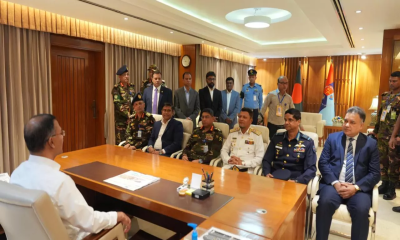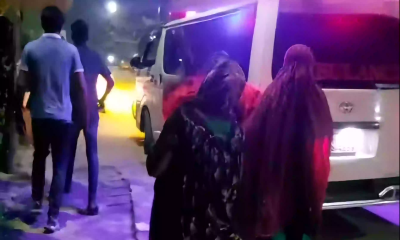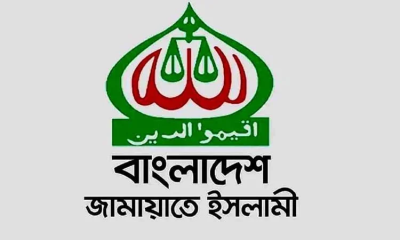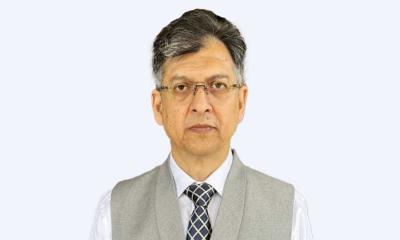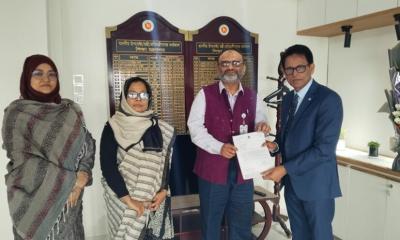The United States has said peacekeeping operations play an "essential role" in promoting international peace and security, and it is essential that peacekeeping personnel protect human rights.
"In accordance with the UN Due Diligence Policy, the UN relies on troop and police contributing countries to self-certify that they are not sending troops or police who are implicated in committing human rights violations or violations of international humanitarian law," said US Department of State Spokesperson Mathew Miller in a regular briefing.
He made the remarks when Mushfiqul Fazal Ansarey, former assistant press secretary to the then Prime Minister Khaleda Zia, raised Bangladesh specific questions at the briefing.
In a video of the media briefing shared by the US Department of State, Ansarey was seen reading out written questions.
Earlier, the United Nations said it follows a three-step screening process when deploying troops in peacekeeping missions, to meet the highest standards of efficiency and integrity, including respect for and commitment to human rights.
“Look, there are three parts to the screening. One thing involves self-certification; the other one involves the certification by the sending country, and obviously, there’s a procedure also by the High Commissioner’s Office for Human Rights,” Spokesman for the Secretary-General, Stephane Dujarric, told a regular briefing at the UN headquarters in New York on May 22.
Ansarey has been referred to by Bangladesh’s Foreign Minister Hasan Mahmud as someone “paid by BNP” to ask questions “purposefully for generating negative responses.”
“There’s someone who used to work for Khaleda Zia`s press wing. He is paid by BNP. He asks questions purposefully to try and get negative answers about Bangladesh. He asks questions intentionally," Foreign Minister Hasan Mahmud told reporters recently, apparently referring to Ansarey’s activities at the US State Department briefings.
Bangladesh is one of the largest contributors to peacekeeping operations and the UN appreciates Bangladesh for its “steadfast and remarkable contribution” to peacekeeping operations over the years.
Responding to another question on May 28, US State Department Spokesperson Miller said that they believe corruption saps economic growth, hinders development, destabilizes government, and undermines democracy.
"We have made anti-corruption a core national security interest since the outset of this administration, and our detailed implementation plan for this strategy has been articulated at a number of senior levels," Miller said.


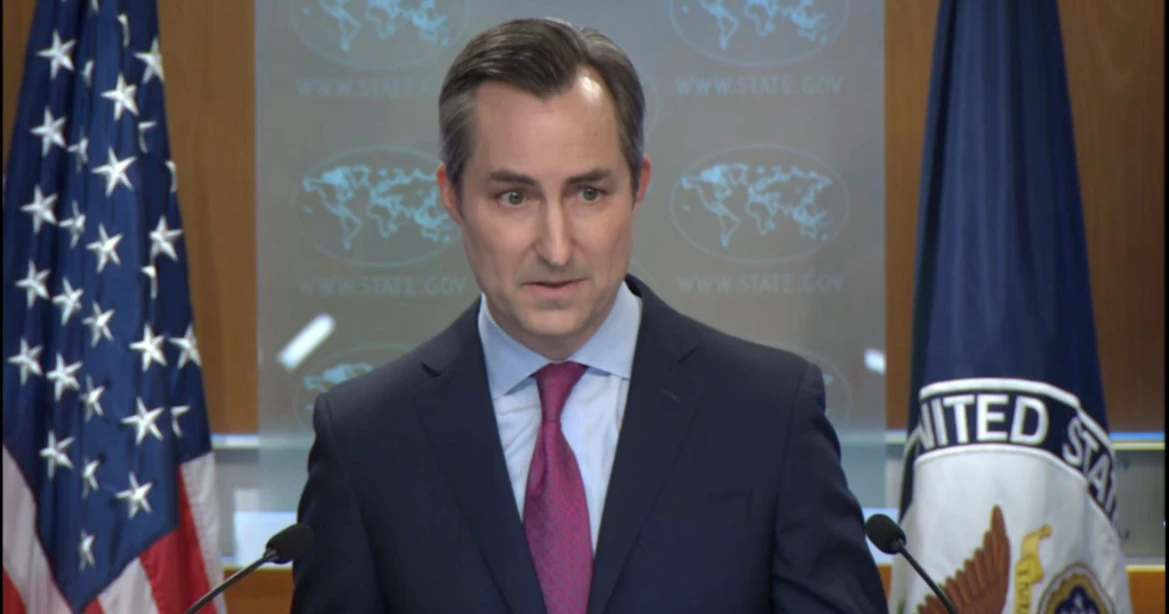

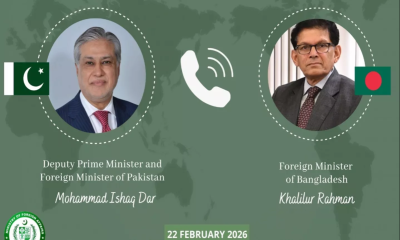

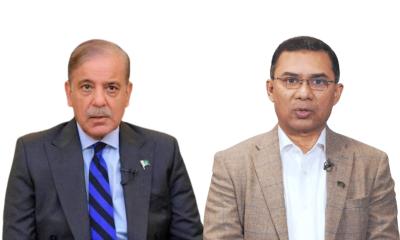
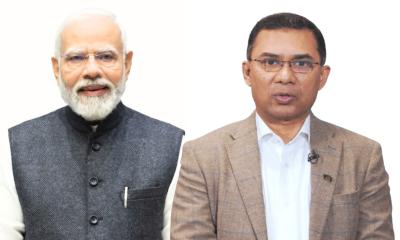
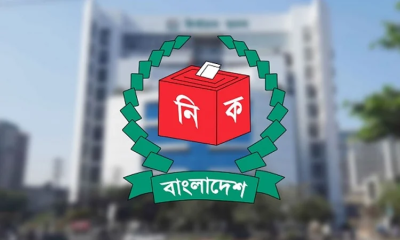
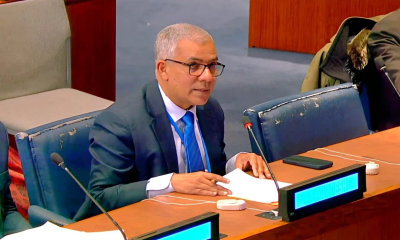
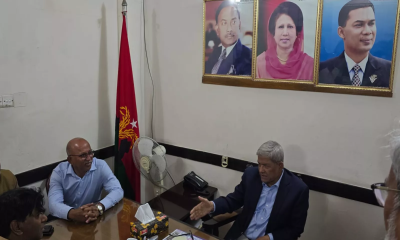
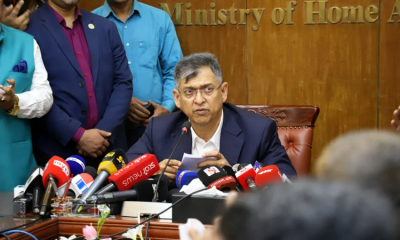
-20260223082704.webp)
-20260223074941.jpeg)
-20260223062301.jpg)
